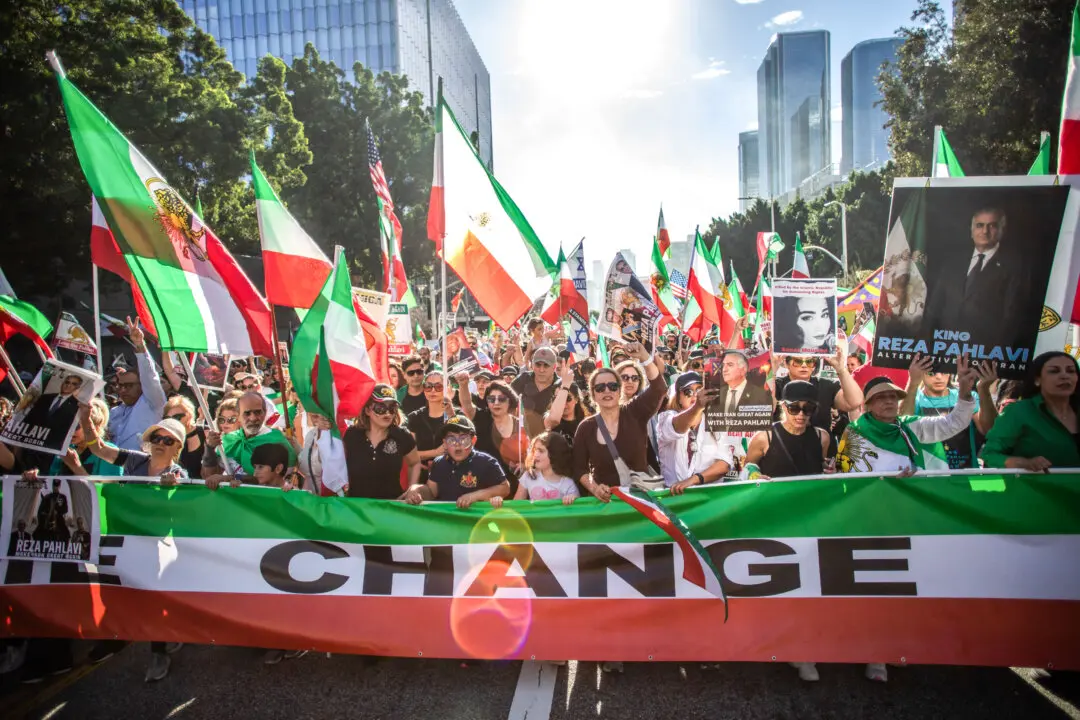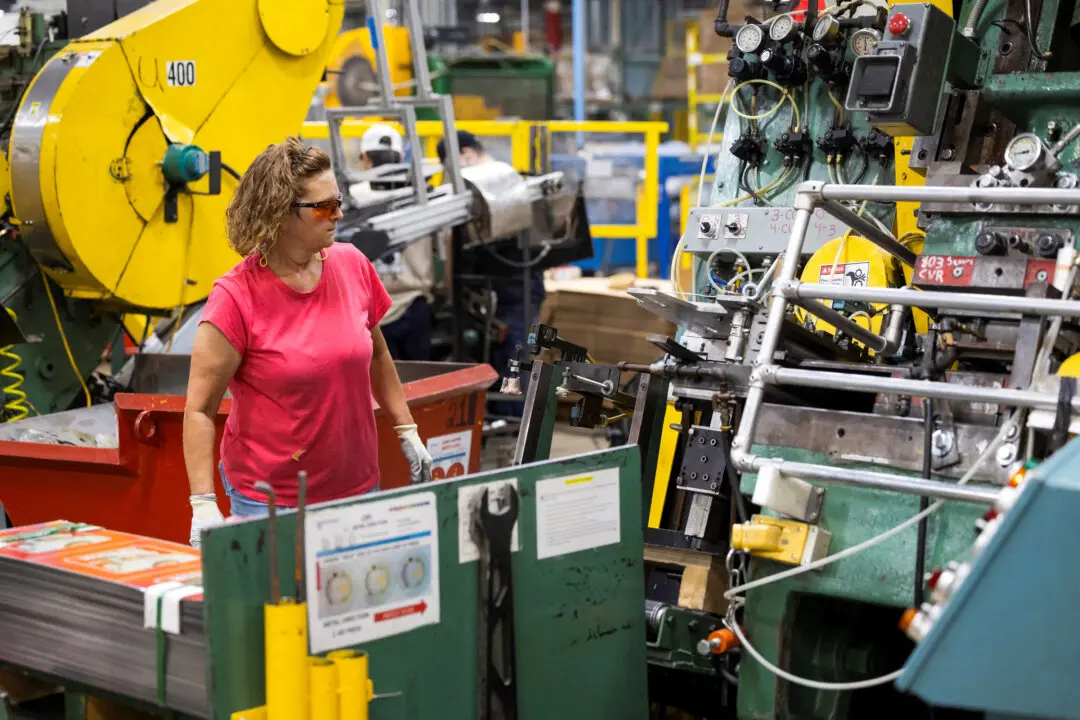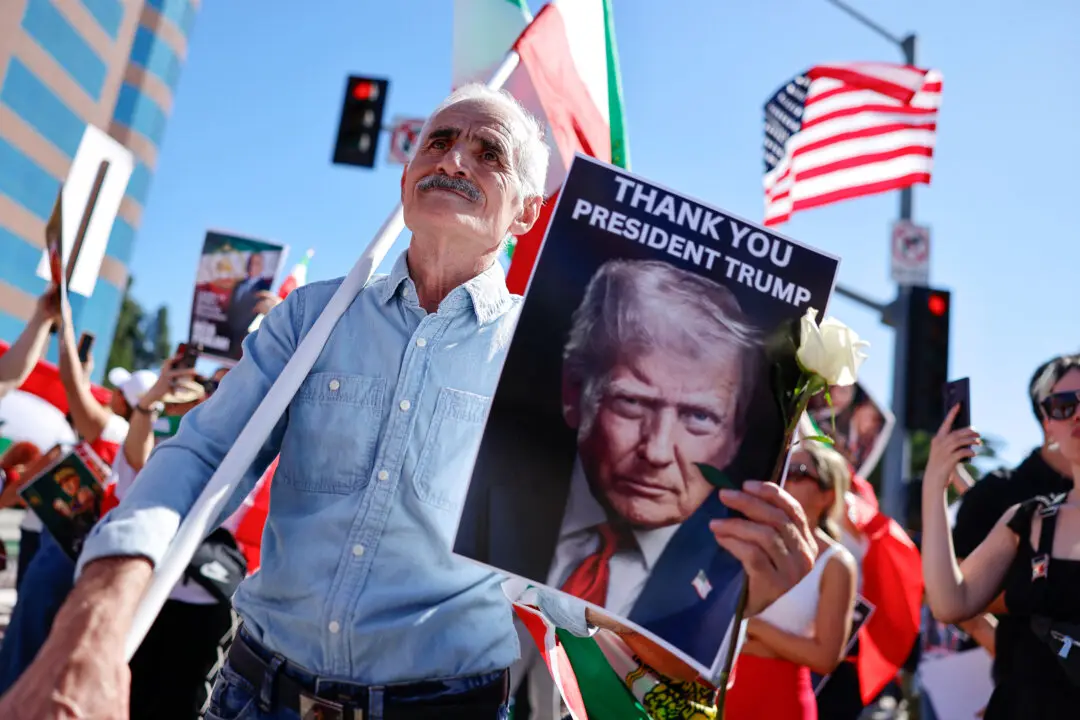WASHINGTON—A news report revealed that the new Foxconn factory in Wisconsin is planning to bring in workers from China, leading some to call locating the plant there a fiasco. The news, however, is not surprising, says a business expert, as the company needs some special manufacturing skills that have to come from Asia.
“If Foxconn is trying to build a flat panel display factory, they would be crazy not to bring some workers in from Asia,” said Harvard Business School professor Willy Shih.





